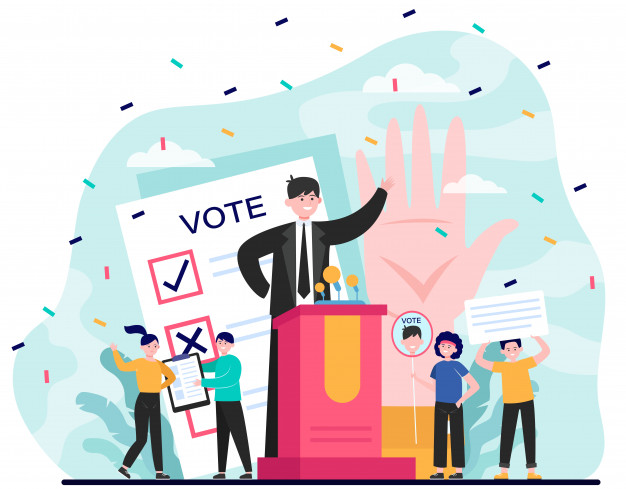Political parties are essential to the functioning of democracy. They provide a way for people with similar political views to come together and pool their resources in order to elect candidates to office. Parties also play a role in shaping public policy by developing and promoting their own policy platforms.
In this article, we will take a closer look at how political parties work. We will discuss the different types of parties, the role of parties in the political process, and the challenges that parties face in the 21st century.

What are Political Parties?
A political party is a group of people who share a common political ideology and who work together to achieve political goals. Parties typically have a platform, which is a set of principles and policies that they advocate. They also have a hierarchy of leaders, who are responsible for directing the party’s activities.
Types of Political Parties
There are many different types of political parties, but they can generally be classified into two main categories: institutionalized and non-institutionalized parties.
- Institutionalized parties are those that are well-organized and have a significant following. They typically have a national headquarters, a network of local branches, and a large pool of members. Institutionalized parties are the most common type of party in democratic countries.
- Non-institutionalized parties are those that are less organized and have a smaller following. They may not have a national headquarters or a network of local branches. Non-institutionalized parties are often formed around a single issue or cause, and they may disband once the issue is resolved.
The Role of Political Parties in the Political Process
Political parties play a number of important roles in the political process. They:
- Recruit and nominate candidates for office.
- Provide financial support to candidates.
- Organize and conduct campaigns.
- Advocate for their policies.
- Shape public opinion.
Challenges Facing Political Parties in the 21st Century
Political parties face a number of challenges in the 21st century. These challenges include:
- Declining voter turnout.
- The rise of social media and the decline of traditional media.
- The increasing polarization of the electorate.
- The rise of new political movements that challenge the traditional party system.
Political parties are essential to the functioning of democracy. They provide a way for people with similar political views to come together and pool their resources in order to elect candidates to office. Parties also play a role in shaping public policy by developing and promoting their own policy platforms.
However, political parties face a number of challenges in the 21st century. These challenges include declining voter turnout, the rise of social media, and the increasing polarization of the electorate. It remains to be seen how political parties will adapt to these challenges and continue to play a vital role in democracy.












More Stories
Humane, Orderly Border Policies Needed
Conservatives only care when they’re the ones suffering
A YIMBY Victory in Montana